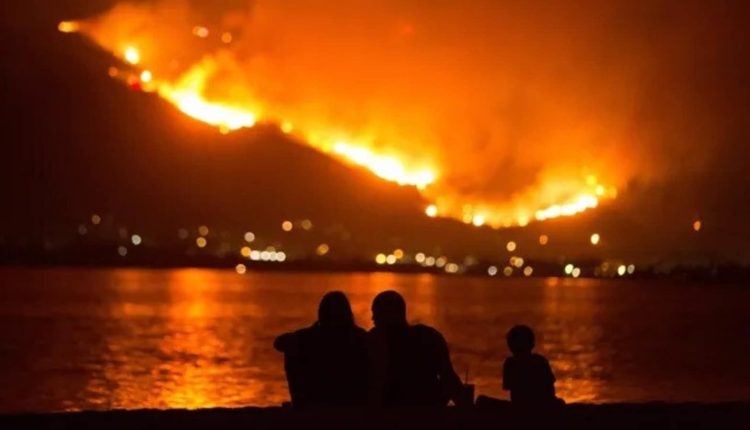NASA’s Goddard Institute of Space Studies (GISS) has come to a conclusion that July 2023 was the hottest month on Earth since the 19th century. It recorder 0.24 degrees Celsius warmer than any other July, and 1.18 degrees Celsius warmer than average July temperatures between 1951 and 1980. Last time the planet was this hot was in 1880.
The European Union’s climate observatory also confirmed July 2023 was the hottest ever month on Earth.
‘NASA data confirms what billions around the world literally felt: temperatures in July 2023 made it the hottest month on record. In every corner of the country, Americans are right now experiencing firsthand the effects of the climate crisis, underscoring the urgency of President Biden’s historic climate agenda,” NASA administrator Bill Nelson said, added that ‘we must act now to protect our planet’.
With an increase by 4 degrees Celsius above average, parts of South and North America, North Africa and Antarctic Peninsula were reported to be especially hot. According to one of the scientists of the study, human intervention which includes emission of greenhouse gasses is the major cause of impact the planet is facing. However, the current increase in temperature has also been attributed to the effects of El Nino resulting from warming up of ocean in the eastern tropical Pacific.
However, the biggest impacts of El Nino likely to take place next year, said Gavin Schmidt, director of GISS.
“Without those human contributions to the drivers of climate change, we would not be seeing anything like the temperatures that we’re seeing right now…The science is clear this isn’t normal. Alarming warming around the world is driven primarily by human-caused greenhouse gas emissions. And that rise in average temperatures is fueling dangerous extreme heat that people are experiencing here at home and worldwide,” the director said.
Such increase in temperature can lead to severe natural disasters such as cyclones, drought and wildfires – the kind Hawaii is facing over the past few days.


